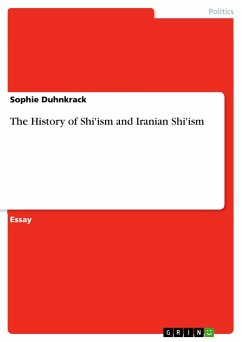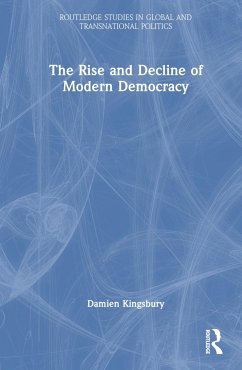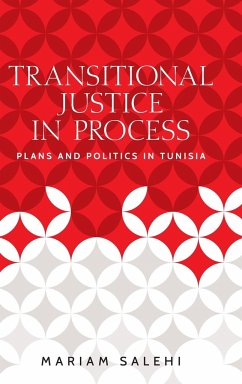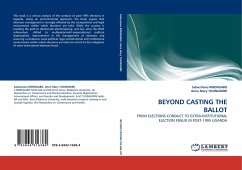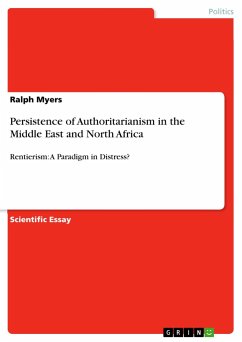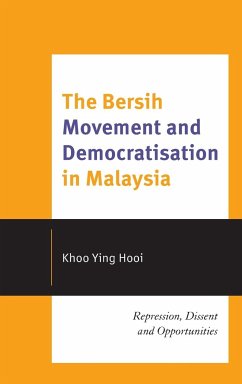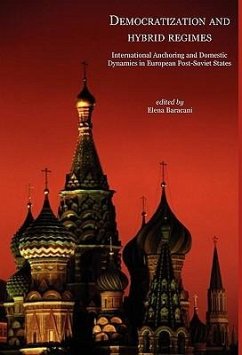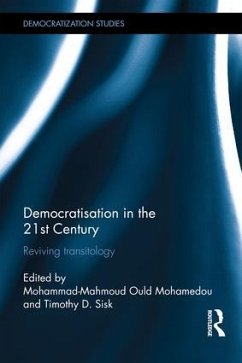Nicht lieferbar
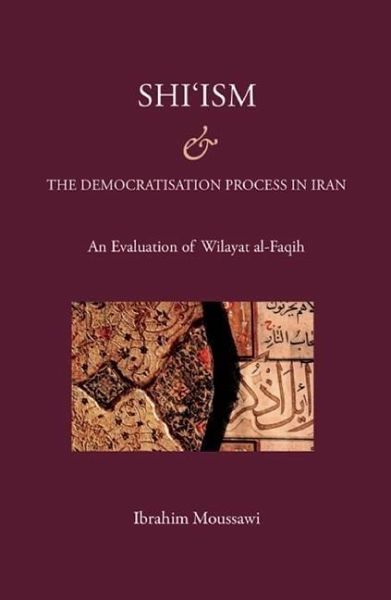
Shi'ism and the Democratisation Process in Iran
With a Focus on Wilayat Al-Faqih
Versandkostenfrei!
Nicht lieferbar
Since its emergence in 1979, the Islamic Republic of Iran has remained a conundrum for observers, particularly in the West. In this rigorously researched study, Ibrahim Moussawi examines the fundaments of Iran's Islamic governance and asks the pivotal question: can democracy > Addressing Wilayat al-Faqih, or rule by the jurisprudent - the theory upon which the Islamic Republic was constructed - he asserts that the system upholds both individual and communal rights, and provides scope for citizens to express their interests. Moussawi draws on the history and theological underpinnings of Shi'i ...
Since its emergence in 1979, the Islamic Republic of Iran has remained a conundrum for observers, particularly in the West. In this rigorously researched study, Ibrahim Moussawi examines the fundaments of Iran's Islamic governance and asks the pivotal question: can democracy > Addressing Wilayat al-Faqih, or rule by the jurisprudent - the theory upon which the Islamic Republic was constructed - he asserts that the system upholds both individual and communal rights, and provides scope for citizens to express their interests. Moussawi draws on the history and theological underpinnings of Shi'i Islam to argue that in today's Iran, politics and religion are neither rigid nor in diametric > Shi'ism and the Democratisation Process in Iran marks an invaluable addition to the growing oeuvre of books on Iran.






